IB Economics SL Tutors
We help maximise the allocation of your resources
We’re worth the opportunity cost
check out our results
Request Free Trial Class
We stand out for a reason
Global Perspectives, Economic Visions

Monthly progress reports
It will tell you where you stand and how much you’ve improved. It will not seem like a report card - some anxiety saved there, don’t worry.

Seamless Communication on Whatsapp groups
We add you into a group and you stay in the loop. It’s as easy as that.

IB Study materials, Question Banks, etc
We have an exhaustive library of resources for all our subjects. If you go through them all, you’ll be the superhero of knowledge.

Individual doubt clearing sessions
Personalized attention in one-on-one sessions are important. These sessions are to clarify every doubts that the student has.

Individual IA and EE sessions
We extend our hand to aiding with IA’s and EE’s. Long essays, check. Going through multiple drafts, check.
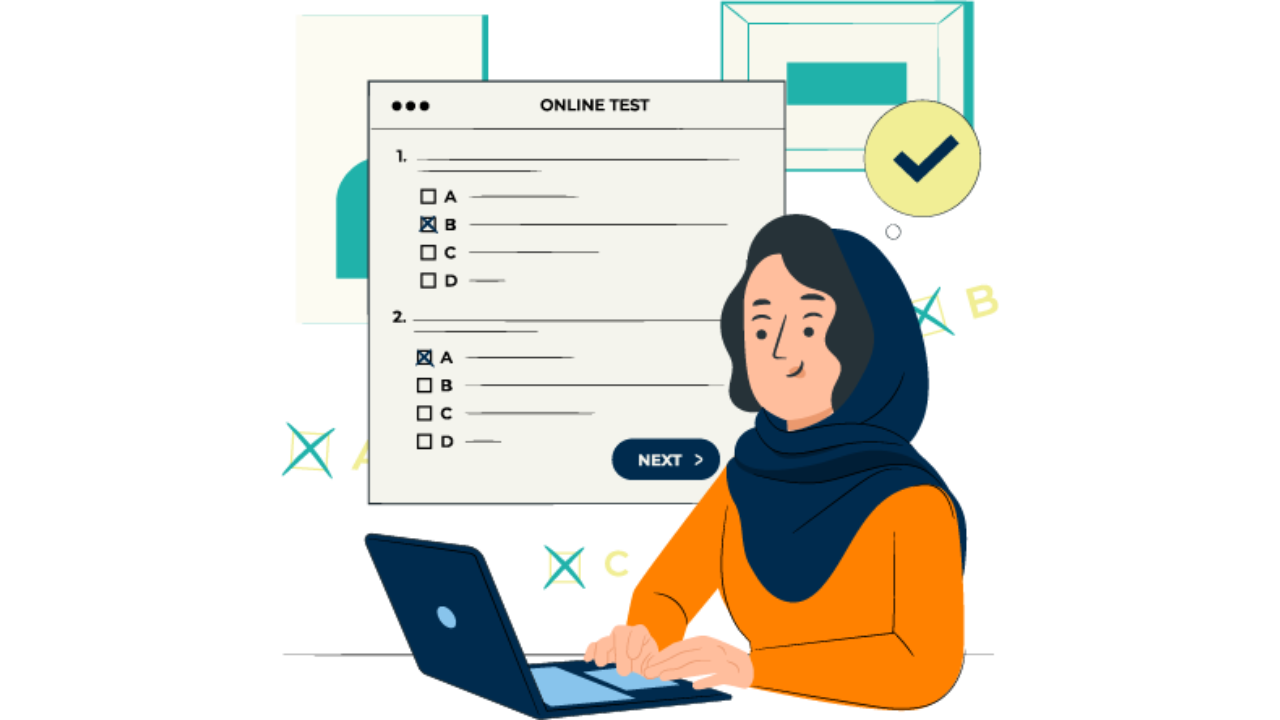
IB style test series
We conduct a series of tests in IB exam style conditions to help prep for the final exam. If it's nerve-wracking, then we know we’ve done a good job.

Toppers talk
There’s nothing more that impacts you than experiences. You will have the opportunity to hear some of our toppers' stories and how their dreams came true.

Sessions from IB examiners
We will have sessions with IB examiners for them to tell you what it is they look for in everything.
best online IB Economics SL Tutors
Secure your child’s future at Tychr.
Economics tutors are in a great deal of demand. With our limited supply, we don’t want you to miss out on that 7. Economics has IA’s, commentary’s, policy making and a number of other things. With our tutors, you will accelerate and almost guarantee becoming superheroes. We have packages for everything. Even a bundle of knowledge for you to demolish the 2 economics papers completely.
Semester wise approach
Approaching a Great Marketplace
-
Semester 1
-
Semester 2
-
Semester 3
-
Semester 4
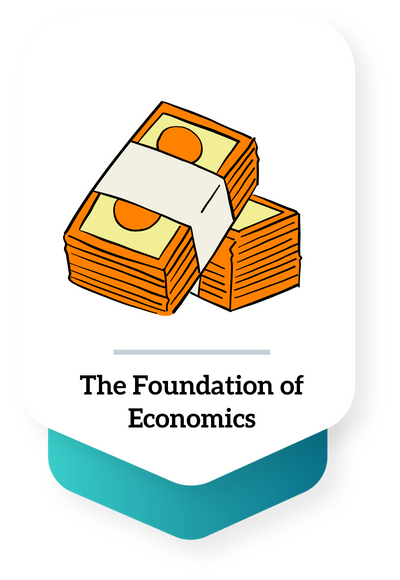
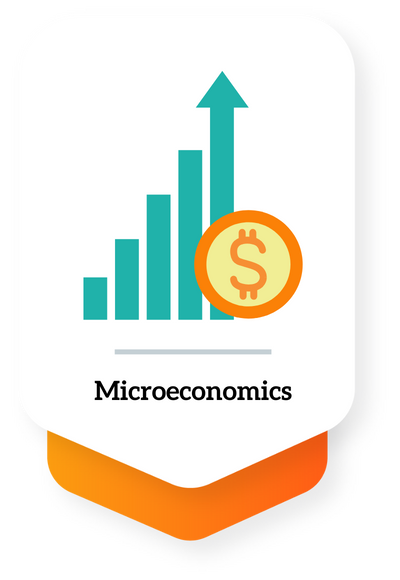
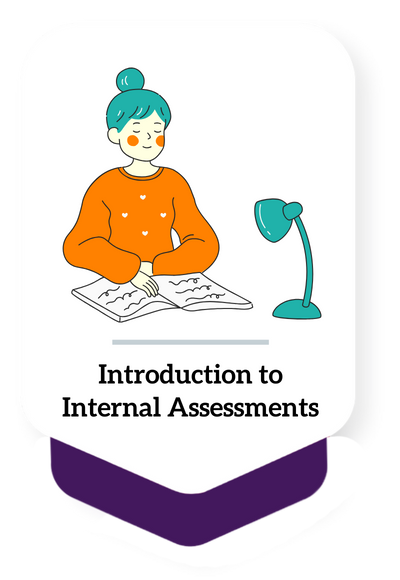
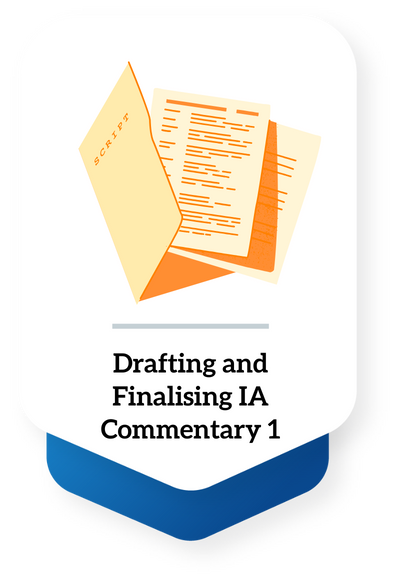
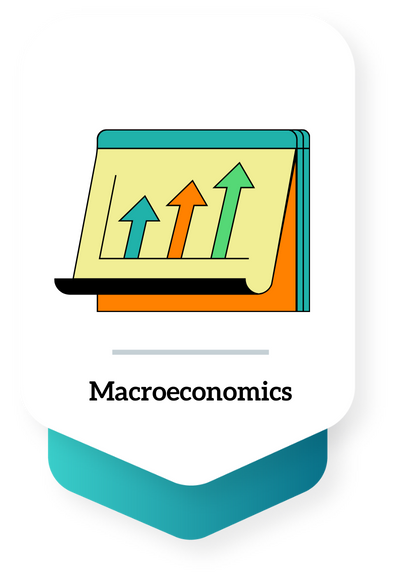
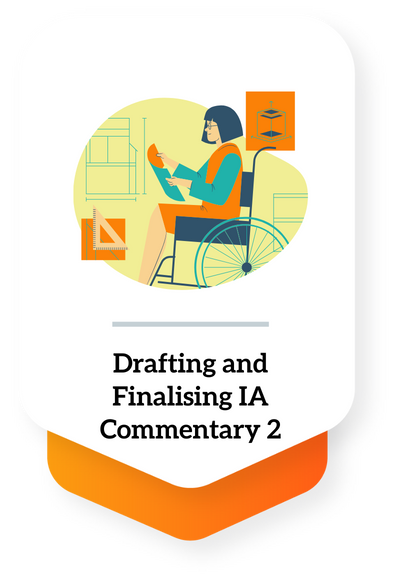

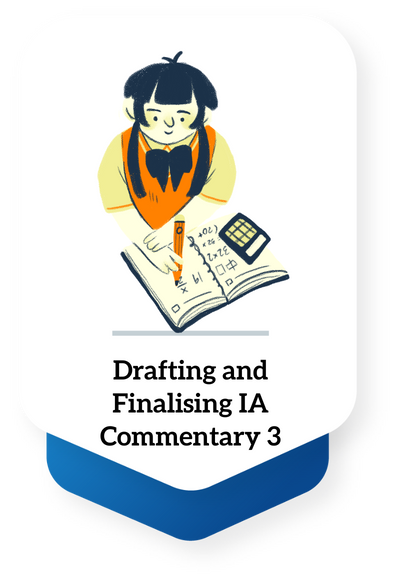
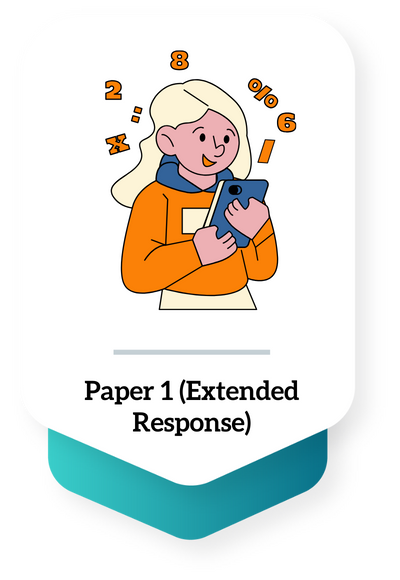
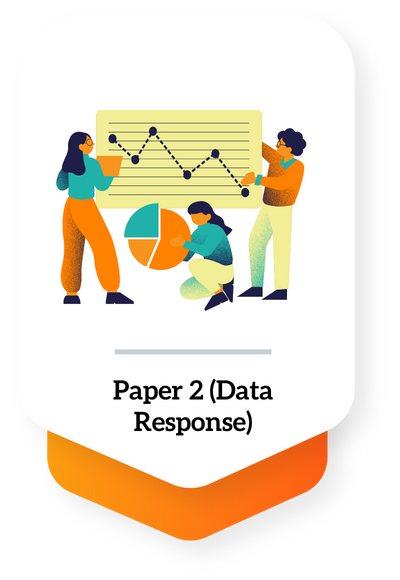
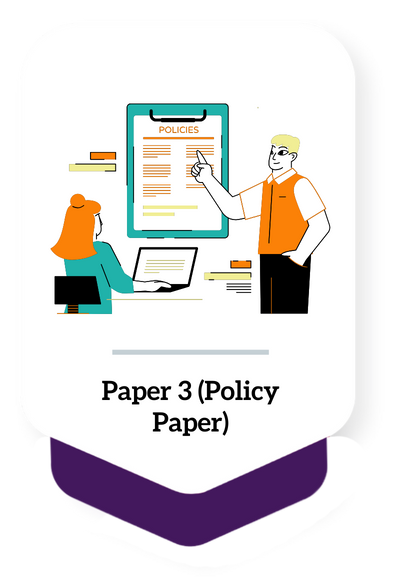
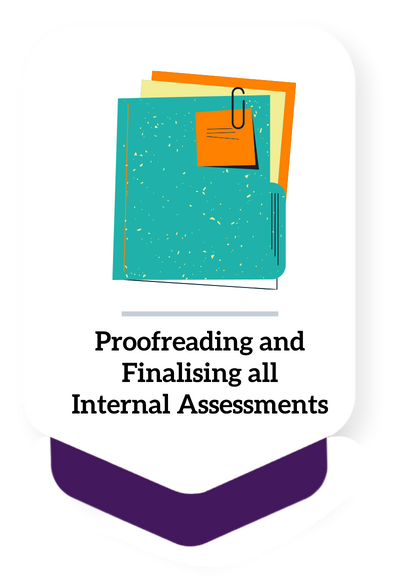
Our Proven T.E.S.T. Methodology
Like all our online tuition, IB Economics SL follows our proven T.E.S.T. Methodology. For the IB Economics SL, this Means:

THEORETICAL FRAMEWORK
Lessons are prepared by credible IB Economics tutors, and conduct doubt sessions, wherever needed. Student's learning style is analyzed by the tutors to provide a customized way of teaching. Theoretical concepts are taught using a unique framework for the dedicated learner.

EXPLANATORY VIDEOS
Pre-recorded videos including topic coverage, tips and tricks,, and other study materials are provided to keep in touch with the concepts while revising, and to strengthen student’s scoring ability !

STRENGTHENING CONCEPTS
The student then begins practicing topic-wise assignments to reinforce their learning. topics like Competitive market equilibrium, Critique of the maximizing behaviour of consumers and producers Elasticity of demand are given more attention to make it comprehensive and engaging at the same time. TYCHR also provides monthly progress reports to keep track of student’s performance.

TIME BOUND TEST SERIES
Finally, the student moves on to solving IB Economics question papers in exam-style conditions for HL Paper (P1–30%, P2–30%, and P3–20%). Exams for the IB Economics Standard Level comprise two papers (P1 – 40% and P2 – 40%). After the exam, students also recieve graded answer sheets from the tutor and comprehensive answer key to each.
How It Works?
Follow the well-grounded 6 step process to uncontested success


Request Free Trial Class
- Are you completely invested in getting into your choice of a top tier university? India wants to know. Our tutors want to know. We could possibly be looking at the next millionaire or billionaire.
- Did you know IB updated its Economics’ curriculum? Probably, but now you’ll learn how to tackle policy making too.
- Our T.E.S.T methodology has made it to the front page of the “How to score a 7 Times”. Read about it further on the home page.
Summarized Syllabus
Summarizing the the Big World
| Curriculum | Assessment |
Core Unit 1: Introduction to economics Unit 2: Microeconomics Unit 3: Macroeconomics Unit 4: The global economy | External Assessments: Paper 1: Extended response paper Paper 2: Data response paper Internal Assessments: Portfolio: 3 commentaries based on different units of the syllabus |
Leading Online IB Economics SL Tutors
Economics Literacy for a Global Tomorrow!

Individual attention
We offer students personalized teaching so they understand the depths of the Economics curriculum

Free Demo sessions
You can get a glimpse of what our sessions would be like before you decide to proceed with us.

Experienced Educators
Our tutors are aware of the changes of the curriculum to provide a complete understanding of what IB will expect in terms of answers and IA’s

Success Stories
Our tutors are here to guide you to the 7 you may need in Economics to get into the top tier colleges.

Credible
The extensive experience of our IB tutors are reflected in the quality of their teaching.

College Application guidance
Our tutors are equipped to help you with your IA’s/EE depending on your career choice thus benefiting you during college applications
What our Students Have to say
A few words about us from our students…



FAQs – IB Economics TUITION Classes
A few frequently asked questions
Answer: The internal Assessment is a crucial component of IB Economics. It allows students to independently investigate an economic issue, apply economic theories, and develop research and analytical skills. The IA provides an opportunity for students to connect theoretical concepts with real-world situations.
Paper 1 focuses on multiple-choice questions that test fundamental economic concepts, theories, and definitions. In this paper, SL students answer 30 questions within one hour while HL students answer 40 questions within one hour and fifteen minutes.
Paper 2 delves into data response questions that assess students’ ability to apply economic theories to real-world situations effectively.
Paper 3 is exclusive to HL students as they face extended response questions that test their ability to synthesise knowledge across different areas of the syllabus. Students have two hours and fifteen minutes to answer two out of four available essay-style questions
IB Economics provides a solid foundation for students pursuing further studies in economics, business, finance, or related fields. The program enhances critical thinking skills, analytical abilities, and the capacity to apply economic theories to real-world problems, preparing students for higher education and future careers in various economic sectors.
Writing an Extended Essay (EE) for IB Economics involves conducting independent research on a specific economic question or issue. Here is a step-by-step guide on how to write an Extended Essay in IB Economics:
- Choose a Relevant Topic:
Select a topic that is both interesting to you and falls within the scope of IB Economics. Ensure that the topic is specific enough to allow for in-depth analysis. - Formulate a Clear Research Question:
Develop a concise and focused research question that your essay will aim to answer. Make sure it is clear, specific, and directly related to economic concepts. - Conduct Preliminary Research:
Familiarize yourself with the existing literature on your topic. This will help you refine your research question and identify gaps in the current knowledge. - Develop a Solid Thesis Statement:
Craft a thesis statement that clearly outlines the main argument or position you will be taking in your essay. This statement should align with your research question. - Create an Outline:
Organize your thoughts and structure your essay by creating a detailed outline. Include sections for the introduction, literature review, methodology, analysis, conclusion, and bibliography. - Introduction:
Start with a compelling introduction that provides background information on the topic, states your research question, and presents your thesis statement. Clearly outline the scope and purpose of your essay. - Literature Review:
Review existing literature related to your topic. Discuss key theories, models, and research findings relevant to your research question. Identify any controversies or gaps in the literature. - Methodology:
Clearly explain the methodology you will use to conduct your research. Describe the data sources, data collection methods, and any analytical techniques you plan to apply. - Analysis:
Present your analysis in a structured manner, using economic theories and concepts. Support your arguments with data and evidence. Discuss any limitations in your analysis. - Conclusion:
Summarize your key findings, restate your thesis in light of the evidence, and discuss the implications of your research. Address any limitations and suggest areas for future research. - Bibliography:
Provide a comprehensive list of all the sources you used in your research. Follow a consistent citation style (e.g., APA, MLA, Chicago). - Appendix:
Include any supplementary material, such as raw data, charts, or additional information that supports your analysis. - Revise and edit:
Review your essay for clarity, coherence, and consistency. Check for grammatical errors and ensure that your arguments are well-supported and logically presented. - Seek feedback:
Share your essay with teachers, peers, or mentors to get constructive feedback. Consider making revisions based on their suggestions. - Meet Formatting Requirements:
Ensure that your essay adheres to the IB’s formatting guidelines, including word count, font size, and referencing style.
By following these steps, you can develop a well-researched and coherent extended essay in IB Economics. Remember to start early, manage your time effectively, and stay focused on your research question throughout the writing process.
IB Economics covers a range of topics including market structures, supply and demand, elasticity, market failure, fiscal policy, monetary policy, international trade, development economics, and more.
IB Economics can be beneficial in university placement in several ways:
IB Economics emphasizes critical thinking and analytical skills. These skills are highly valued in university-level coursework, especially in disciplines that require data analysis, problem-solving, and the ability to evaluate complex economic issues.
Completing IB Economics provides students with a solid foundation in key economic concepts at both micro and macro levels. This foundation is valuable for pursuing advanced courses in economics or related fields at the university level.
The internal assessment component of IB Economics requires students to conduct independent research and present their findings in a structured report. This helps students develop strong research and writing skills, which are essential for success in university-level coursework.
IB Economics Recent Blogs
Break your query Barrier.
Get access to our free IB resources
Creating impact with Global Insights

IB Economics Paper 1 Question Bank

IBDP Economics Study Notes

IB Economics IA Ideas












